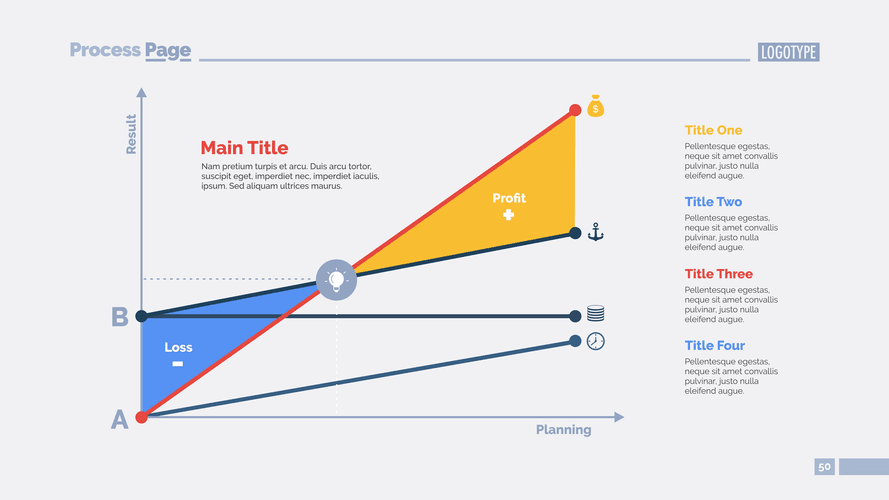
It can be challenging to keep track of transactions and use the appropriate account for the HOA company. Therefore, if you are unsure which accounts to use or how to track these transactions, I recommend seeking guidance from an Accountant. In case you don’t have one, we can assist you in finding a ProAdvisor. If they have a different bank account, then just transfer the amount after the steps above.

Double declining balance method
After all, you use your checking account for every day, recurring expenses like groceries or utility bills. If you need to pay for the same expense every month, it’s recurring. Many won’t even be able to afford increased dues or pay a large amount at one time, as often happens when there is a special assessment. In this scenario, an HOA can increase dues significantly right away.
What Is a Special Assessment?
- This will change each year, as you would use the new book value, which would be $1,300 (the original price of the asset minus the amount already depreciated), to calculate the following year’s depreciation.
- In Ohio, for example, reserve contributions must amount to at least 10% of the association’s annual budget.
- The development’s governing documents usually detail the association’s obligations.
- This is a limited assurance report that guarantees there won’t be any material modification needed.
- You can test your budget with all of these factors through our online reserve calculator uPlanIt.
In addition, California allows HOAs to borrow against their reserve fund to help shore up their income. The only catch is they must pay back what they borrowed within a year. An HOA can invest at least some of the money for a reserve fund, as long as there is enough money available for immediate needs. An HOA reserve fund can be used for any repair or upgrade that isn’t done regularly, from fixing a crack in the side of a pool to replacing an old water heater.
- When an HOA creates, modifies, or spends money from a reserve fund, they must follow their state’s regulations for those funds.
- In other words, the reserve fund is money that the HOA sets aside and uses as a savings account to cover major expenses that may arise in the future.
- If you need assistance on your HOA reserve funds, do not hesitate to give us a call.
- At the very least, the portion of the total assessments relating to reserves should be deposited in the reserve bank account on a timely basis.
- In contrast, a proactive approach to HOA reserve funds involves maintaining assets on a regular basis using the HOA operating fund.
FEATURED EBOOK: 10 HOA Maintenance Tips for a Safer Summer
- This method takes a little bit from both the cash and accrual accounting methods.
- The proper way to handle reserves is to start by recording all dues from the homeowners as income.
- Taking out a loan close to the project’s start date can increase costs by nearly $98,000, indicating the importance of early planning.
- New legislation, SB-4D, effective May 26, 2022, has changed the way reserves are handled by condominium associations.
- Many won’t even be able to afford increased dues or pay a large amount at one time, as often happens when there is a special assessment.
- Therefore, the individual responsible for coding each transaction in the proper expense line item needs to be very familiar with the operating and replacement reserve budgets.
- When reserve funds are spent upon approval from the board, that money should be moved from the account back to the checking account in order to pay the bill.
Since all unit owners share ownership of the roof, everyone has to contribute to maintain, repair, or replace the roof. Every 20 years or so, roof shingles and other components will need to be replaced. Since this is a major expense, the condo association hoa reserve accounting journal entry will set aside a specific amount of money each year to go towards repairing or replacing the roof. Besides these differences of purpose, it’s important that reserve and operating funds are kept in separate accounts as part of reserve fund accounting.
The cash flow method for funding HOA reserves involves making regular contributions to a designated financial account for HOA reserve funds. Any money spent on improving the HOA property through repair and replacement costs comes from these financial reserves. When you collect dues, they are considered as income for that specific period, and you need to deposit them in a bank account. That allows you to see how much has been set aside for reserve replacements but still keeps the cash in the savings account.
HOA Reserves on the Balance Sheet
This should be based on a Reserve Analysis rather than just “winging it”, which means, using a more scientific approach to determine the amount even though, by its nature, a Reserve Analysis can never be 100% accurate. However, all reserve fund spending must also stick to community bylaws and regulations. These firms examine the property to determine if there are any areas that need repairs, renovations, or upgrades in the near or distant future. Additionally, properties with mortgages under Freddie Mac, FHA, and Fannie Mae governance are only required to have around 10% of the reserve funded. Since the regular dues are usually not enough to cover these unfortunate events, a reserve fund can prevent the HOA from falling into the red. Hit the Reply button if you have additional questions about your reserve account in the QuickBooks Desktop account.
- Meanwhile, the downside is that it puts the owners at a greater risk.
- The purpose of depreciation is to allocate the cost of a fixed or tangible asset over its useful life.
- If your homeowners association gets a year-long policy for $1,200, you will add that amount to January’s balance sheet as the policy value.
- Additionally, properties with mortgages under Freddie Mac, FHA, and Fannie Mae governance are only required to have around 10% of the reserve funded.
- Additionally, this state allows HOAs to borrow against the reserve fund if it helps shore up the community’s income as long as they pay the money within a year.
- Before an HOA does anything with a reserve fund, they should look up the regulations for their state.
Why Does an HOA Need to Have Enough Money in the Reserve Fund?
However, your savings account is where you hold onto your reserve funds to pay for unexpected expenses, like that new pump for your pool. Both the reserve and operating funds require homeowners within the HOA to pay fees. Collecting money for homeowners association reserve funds depends on the community’s fee structure for residents. When management companies and boards of directors prepare annual budgets, they determine how much money is needed for operating activities, and how much should be saved for future reserves expenses. Monthly assessments are calculated based on projected operating expenditures and contributions to reserves. If you are a prospective homeowner, always check a community’s CC&Rs or bylaws for their policy on HOA reserve funds.
FEATURED EBOOK: HOA Spring Maintenance Toolkit

At the end of the day, every Board needs to make the decisions that are right for their own community. I strongly recommend that you look into an accounting package that is designed for managing community associations so you can avoid potential problems that off-the-shelf accounting packages introduce to this process. Not to mention that you may need some of the roofing equity to pay for an unexpected repair/replacement.
Because these reserve accounts are not bound by the statutory requirements, the board may choose to waive, reduce, or even eliminate the reserves. Further, the board may also decide to use the reserves for purposes other than their intended purposes. Underfunding reserves or waiving reserves altogether may lead the association to rely on special assessments, as described above. Lenders appreciate a well-funded reserve because that means an association is less likely to issue a special assessment to cover repairs and replacements or pay an insurance deductible for a natural disaster. Lenders are more confident that their money is used on actual costs, with a very small chance that a buyer will overextend credit lines or deplete cash. Some lenders also assess for indications of financial health when reviewing mortgage applications, and an association with inadequate reserves may be at risk for mortgage denials.
